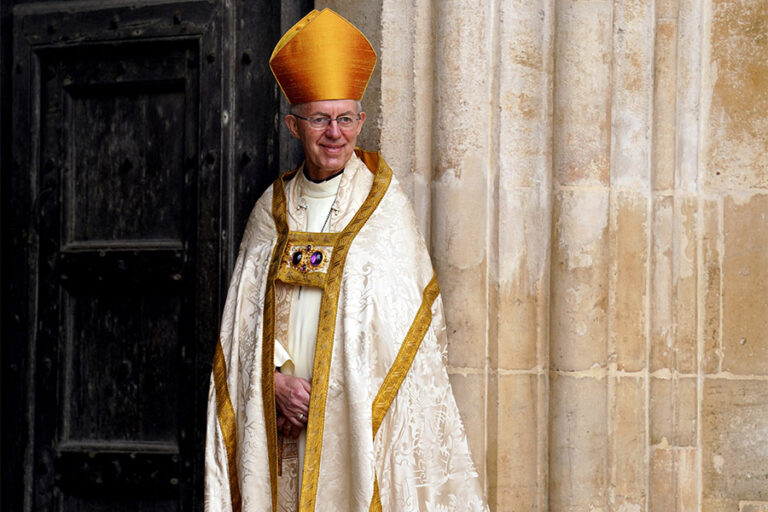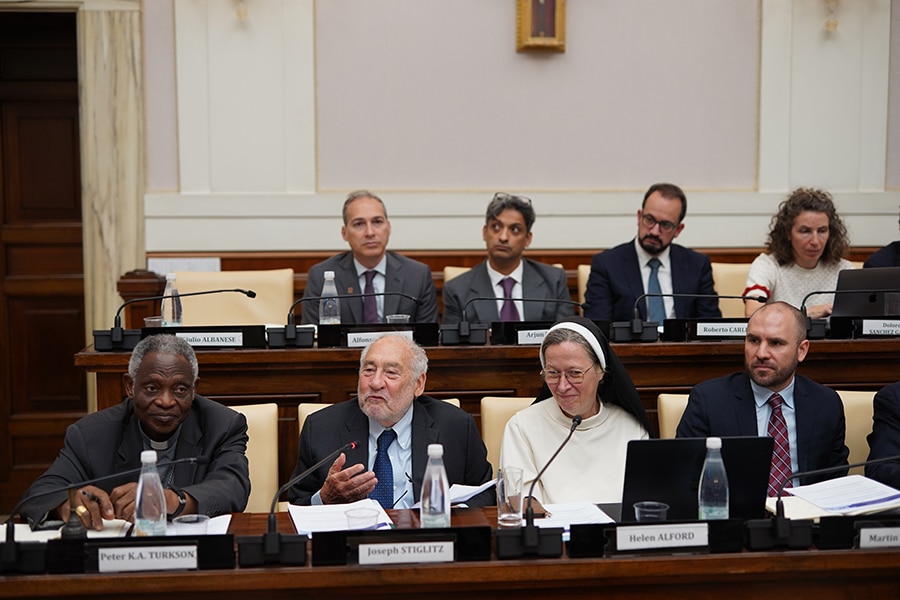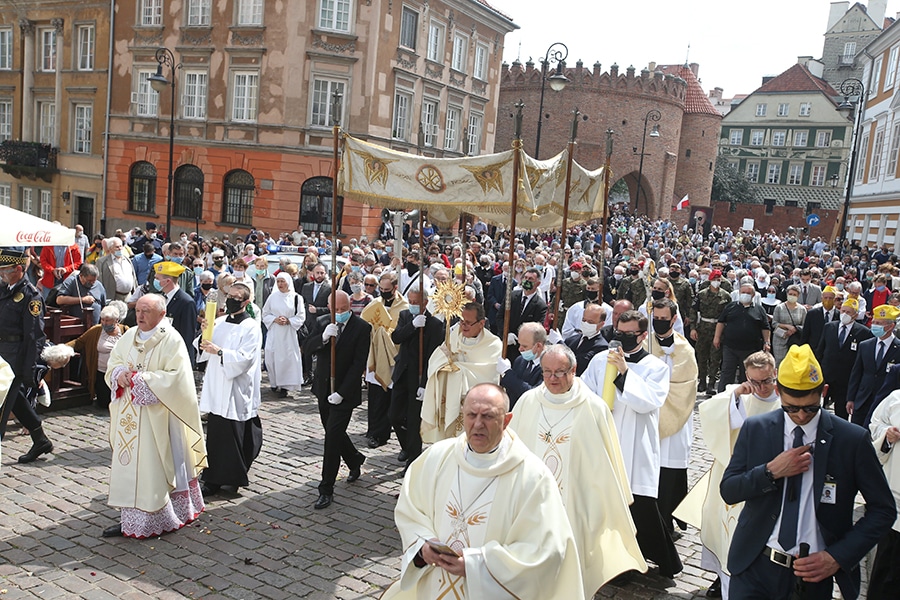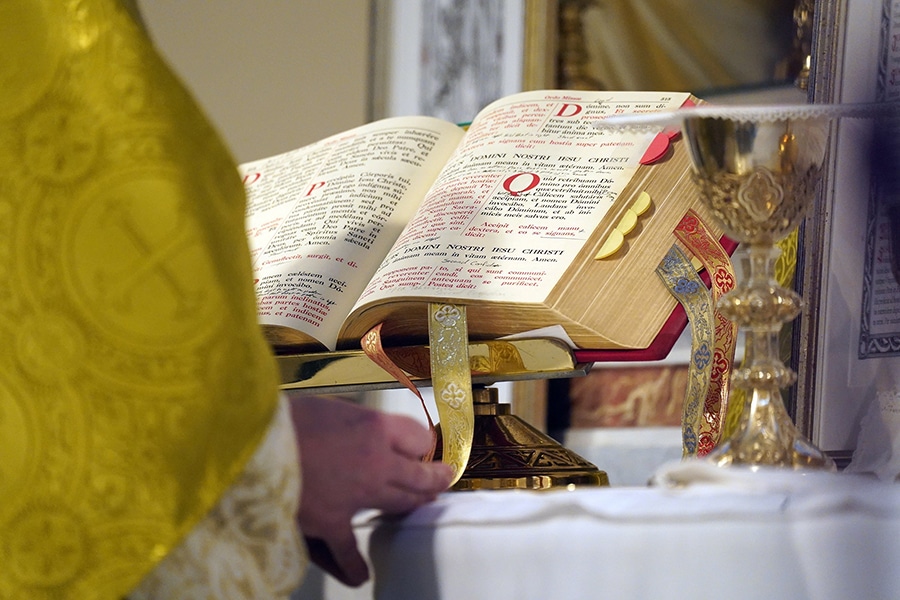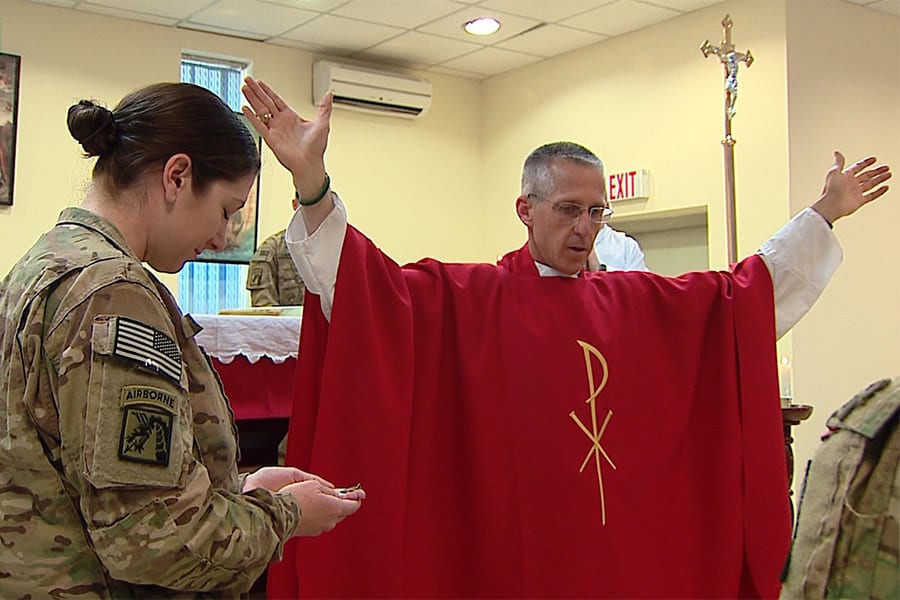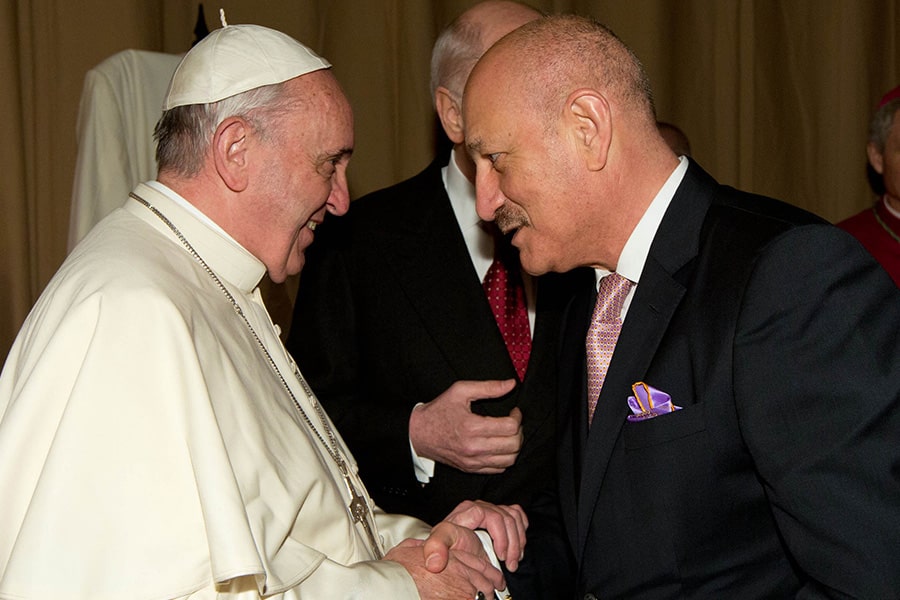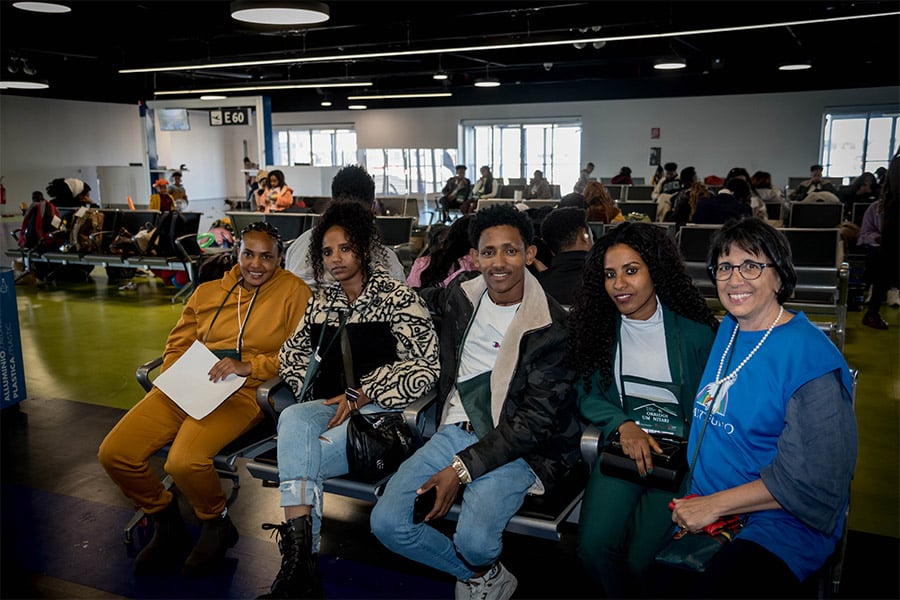LONDON (OSV News) — There will be no white smoke nor a first blessing from the balcony. The election of the new leader of the world’s 85 million Anglicans won’t be similar to the Roman Catholic conclave, but King Charles III will have his say.
Archbishop Justin Welby of Canterbury, who was the leader of England’s official state church, said he had tendered his resignation to the king after the independent review by safeguarding specialist Keith Makin, published Nov. 7, found he had failed to ensure the reporting of “prolific and abhorrent” physical and sexual abuse by lawyer John Smyth at church-run camps in Britain and southern Africa in the 1970s and 1980s.
The selection process for his successor, who will be the 106th archbishop of Canterbury, is in the hands of the Crown Nominations Commission, a committee consisting of 14 voting members. It will select one top candidate and a second who would also be suitable.
The British Prime Minister Keir Starmer, an atheist by his own admission, appoints the chairman of the commission, who must be a layperson. Ideally, it should be a person from public life with a positive commitment to the Church of England.
This electoral commission also includes the second most important bishop in the Church of England, Archbishop Stephen Cottrell of York. The other members are both clergy and laity — in contrast to the Catholic Church, where only clergy ultimately decide on the election of bishops in accordance with canon law.
The commission must identify the challenges facing the Anglican church in England and the world and select two candidates whom it believes are capable of meeting these challenges. The Crown Nominations Commission then forwards the names of its two candidates to the prime minister. The latter, in turn, informs King Charles III and advises him to appoint the top candidate.
According to the biographer of Queen Elizabeth II, Sarah Bradford, the late monarch, who died in 2022, reacted very subtly to the election of a bishop she didn’t really like. She then asked for more information, — if the prime minister nevertheless stuck to his proposals, she agreed in order to avoid an open conflict.
For King Charles III, this is the first archbishop of Canterbury in whose selection he has been officially involved. Once he has given his consent, the top candidate is informed and asked whether he or she wishes to accept the election. The prime minister then announces the name and the College of Clergy at Canterbury Cathedral formally elects him or her as the new archbishop.
A further committee of bishops must also give its approval before the candidate is formally installed in office in the cathedral. In contrast to the Catholic Church, which has a precise timetable for electing a successor to the pope so that the most important office in the church does not remain vacant for long, the Anglican election can drag on.
According to initial media reports, the bishops considered for the post are: Bishop Martyn Snow of Leicester, Bishop Graham Usher of Norwich and Bishop Guli Francis-Dehqani of Chelmsford. If Bishop Francis-Dehqani is elected, she would be the first woman to hold this office. She also has an unusual curriculum. She immigrated to the U.K. from Iran after the revolution at the age of 13.
Read More World News
Copyright © 2024 OSV News

